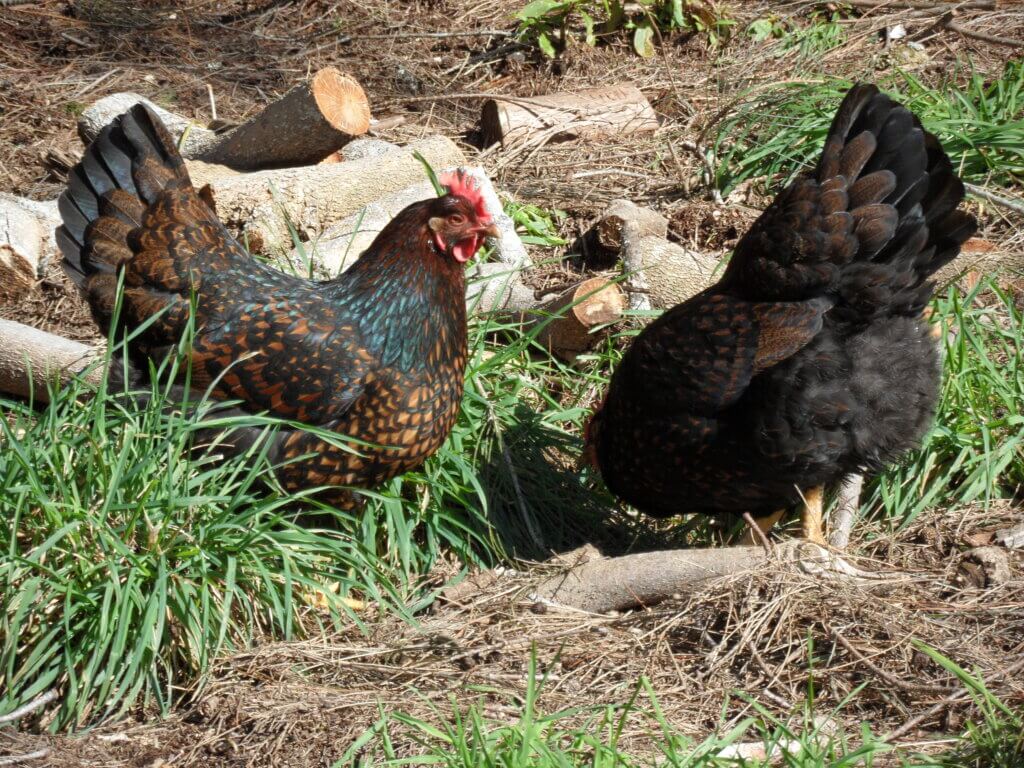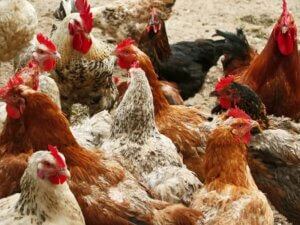3 Mistakes To Avoid When Choosing a Chicken Feeder

When it comes to raising chickens, providing them with the right type of feeder is essential for ensuring their nutritional needs are met. Choosing the wrong feeder can lead to wasted feed, frustration, and even potential health issues for your flock. To help you make the best decision, here are three common mistakes to avoid when choosing a chicken feeder.
Mistake #1: Not Considering the Size of your Flock
One fundamental mistake many chicken owners make is not considering the size of their flock when selecting a feeder. If you have a small feeder for a large flock, you risk overcrowding, competition, and the potential for some chickens to get less feed than they need. On the other hand, a large feeder for a small flock means wasted space and increased chances of feed spoilage.
To avoid this mistake, assess the number of chickens you have and choose a feeder that can accommodate their needs efficiently. If you initially purchase a feeder that is too small, you can either buy a larger one or add additional feeders to ensure all your chickens have access to feed during mealtime. Similarly, if you have a feeder that is too big for your current flock, you can either return or repurpose it for a larger flock in the future.
A Large Grandpas Feeders Automatic Chicken Feeder will feed 12 chickens for 10 days. It can feed larger flocks if you don’t mind filling the feeder more often.
A Standard Grandpas Feeders Automatic Chicken Feeder will feed up to 6 chickens for 10 days. Again, it can feed larger flocks if you don’t mind filling the feeder more regularly.

Mistake #2: Not Considering the Type of Feed
Different types of feed require specific feeders designed to dispense them correctly. If you choose a feeder that is not suitable for the type of feed you are using, it can lead to feed wastage, contamination, and an imbalance in your chickens’ diet.
Before purchasing a feeder, ensure that it is compatible with the type of feed you plan to use. For example, if you are using crumble feed, look for a feeder with smaller openings to prevent excessive spillage. If you are using pellet feed, opt for a feeder with larger holes or a system specifically designed for pellets. In some cases, you may need to make adjustments to your current feeder to accommodate a different feed type, such as adding baffles or modifying the feeding mechanism. However, it is generally recommended to invest in a feeder that suits your specific feed type to avoid unnecessary hassle and potential problems.
Mistake #3: Not Considering the Location of the Feeder
The location of your automatic chicken feeder plays a crucial role in their feeding habits and overall well-being. Placing it in the wrong spot can cause inconvenience, waste, and potential conflicts among your flock.
Ensure that the feeder is easily accessible to all chickens, minimising competition and stress during feeding times. If you notice any issues with the current location, such as excessive spillage due to wind or rain, or easy access to pests (not applicable with a Grandpas Feeders Automatic Chicken Feeder), it’s important to address and correct them promptly. Move the feeder to a more suitable area where it is protected from the elements and pests, such as a covered or elevated location. Regularly assess the location of the feeder to ensure it remains optimal as your flock grows and changes over time.
In summary, it’s crucial to avoid these three mistakes when choosing a chicken feeder. Consider the size of your flock to ensure everyone has access to feed, select a feeder that is suitable for the type of feed you use such as an Automatic Chicken Feeder, and carefully choose the optimal location. Regularly monitor and evaluate the performance of your feeder, making adjustments as needed to keep your flock healthy, happy, and well-fed.
Take a look at our automatic chicken feeders, or check out our blog for more helpful articles about raising chickens.
